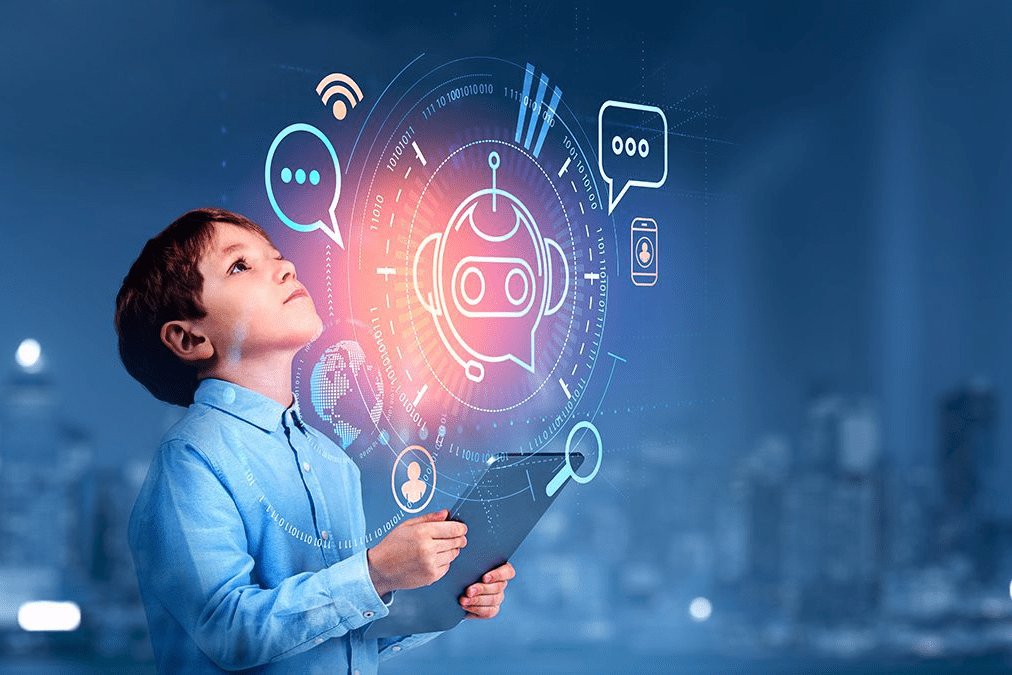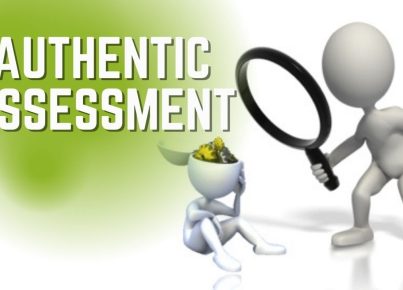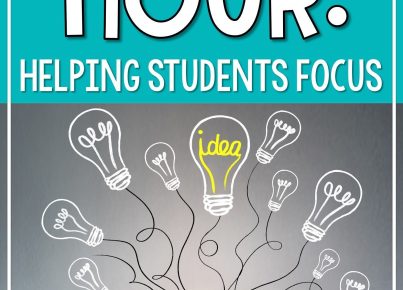In recent years, the education landscape has undergone a significant transformation, with adaptive learning emerging as a game-changing approach to personalized education. At the forefront of this revolution is the integration of Artificial Intelligence (AI) in educational technologies, paving the way for truly personalized learning experiences. This article explores the current trend of AI-powered personalization in adaptive learning and its impact on education.
Understanding AI-Powered Personalization
AI-powered personalization in adaptive learning refers to the use of sophisticated algorithms and machine learning techniques to tailor educational content, pace, and methods to individual learners’ needs, preferences, and performance. Unlike traditional one-size-fits-all approaches, AI-driven adaptive learning systems continuously analyze student data to create dynamic, personalized learning pathways.
Key Features of AI-Powered Adaptive Learning
- Real-time Assessment: AI algorithms continuously evaluate student performance, identifying strengths, weaknesses, and learning patterns in real-time.
- Dynamic Content Adjustment: Based on assessment results, the system automatically adjusts the difficulty level, presentation style, and content type to match the learner’s needs.
- Predictive Analytics: AI models can predict future performance and potential challenges, allowing for proactive interventions.
- Personalized Recommendations: The system suggests relevant resources, activities, and learning strategies tailored to each student’s learning style and goals.
- Adaptive Pacing: Learning speed is adjusted based on the student’s progress, ensuring that fast learners are challenged and slower learners receive additional support.
Benefits of AI-Powered Personalization
The integration of AI in adaptive learning offers numerous benefits:
- Enhanced Engagement: Personalized content and challenges keep students motivated and engaged.
- Improved Learning Outcomes: Tailored instruction leads to better understanding and retention of material.
- Efficient Learning: Students can progress at their own pace, optimizing time spent on learning.
- Data-Driven Insights: Educators gain valuable insights into student performance and learning patterns.
- Scalable Individualization: AI enables personalization at scale, making it possible to cater to large numbers of students simultaneously.
Challenges and Considerations
While AI-powered personalization in adaptive learning offers immense potential, it also presents certain challenges:
- Data Privacy and Security: The collection and analysis of student data raise concerns about privacy and data protection.
- Ethical Considerations: There are ongoing discussions about the ethical implications of AI-driven decision-making in education.
- Teacher Training: Educators need to be trained to effectively use and interpret AI-powered adaptive learning systems.
- Technology Access: Ensuring equitable access to AI-powered adaptive learning technologies remains a challenge in many regions.
Future Outlook
As AI technologies continue to advance, we can expect even more sophisticated personalization in adaptive learning. Future trends may include:
- Emotion Recognition: AI systems that can detect and respond to students’ emotional states, adjusting content and support accordingly.
- Virtual Reality Integration: Immersive, personalized learning experiences through VR technologies.
- Cross-Platform Learning: Seamless integration of adaptive learning across various devices and platforms.
- Collaborative AI: Systems that facilitate personalized group learning experiences.
In conclusion, AI-powered personalization represents a significant trend in adaptive learning, revolutionizing the way education is delivered and experienced. As these technologies continue to evolve, they hold the promise of creating more effective, engaging, and equitable learning environments for students worldwide. However, it is crucial to address the associated challenges and ethical considerations to ensure that AI-powered adaptive learning truly serves the best interests of learners and educators alike.





